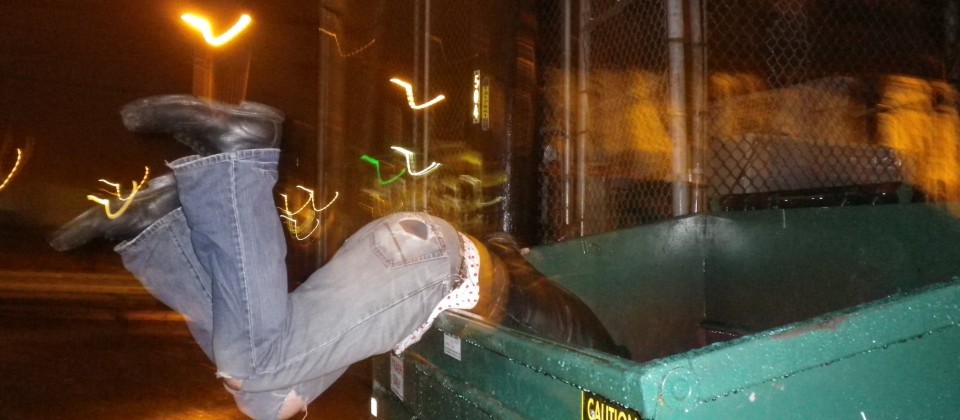David Boarder Giles, University of Canterbury, Department of Anthropology
This ethnographic research explores the cultural and political afterlives of waste in “global” cities. As these cities are remade in each others’ image by global flows of capital and labor, the detritus of this parallel development itself constitutes a fertile ground for parallel forms marginality and resistance. Shared patterns of consumption and market-centric policies come to constitute the public spheres and cultural economies of these cities; meanwhile the resultant patterns of waste and abjection—from commercial food waste and derelict housing to endemic food insecurity and homelessness—become the basis for transnational social movements and counterpublics. This research explores the globalised dimensions of such scarcity, surplus, and resistance in Seattle, San Francisco, New York, Melbourne (Australia), and other such globally embedded metropolises. It examines some of the non-market economies and counterpublic networks that emerge from this terrain—economies and networks instantiated by Food Not Bombs (FNB), a global movement of autonomous, anarchist soup kitchens. I draw on five years of prior ethnographic research with FNB chapters in Seattle and the other cities named above. These groups scavenge, glean, or Dumpster-dive for food discarded by local markets (including Pike Place), prepare it safely, and distribute it freely in public spaces, particularly in major metropolises. In the process they protest the parallel surpluses and scarcities of these cities, and intervene in the politics of homelessness and public space—often directly challenging public feeding prohibitions, intended to control the movement and assembly of homeless residents.


Leave a Reply